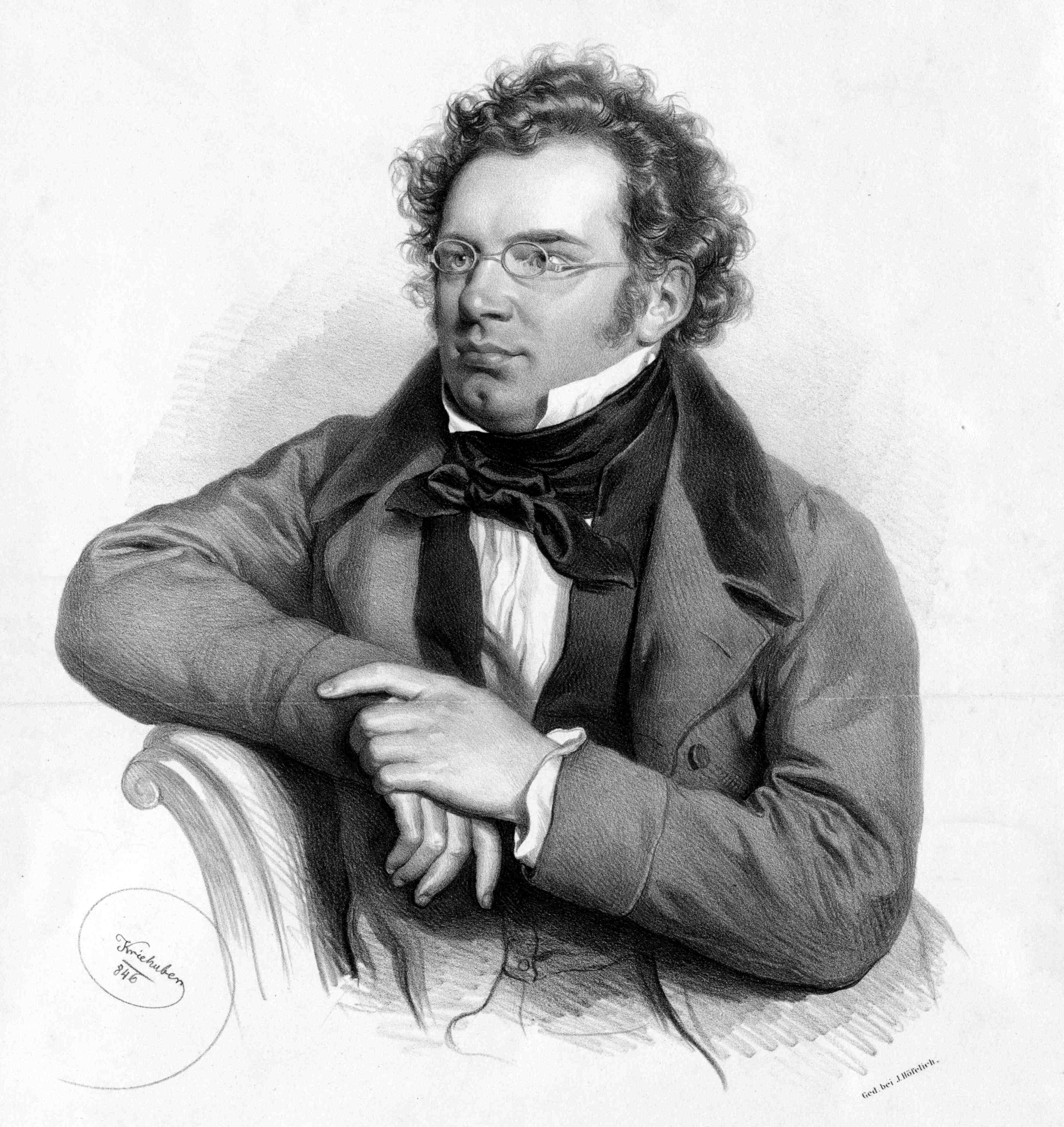
Everyone’s going on about curation these days. We’re all curators now. But yesterday I witnessed some of the old-fashioned variety, the kind they do in art galleries, and I was blown away.
I took two of my kids to Tate Britain (four different modes of transport: train, tube, boat and bus – I suspect that’s what they’ll remember about the day). First I dragged them round Patrick Keiller’s ‘Robinson Institute’ which, in truth, was my main reason for schlepping across London (like I said, four modes of transport…). I’m the kind of old git that loves Keiller’s films (although I haven’t seen Robinson in Ruins yet) and I was really excited to see what he’d come up with in an art gallery. It’s really stunning – works from the Tate’s collection are brought together with passages from Keiller’s films, books, film stills and artefacts of his own (over 120 works in all).
This is curation as storytelling as art. The connections Keiller makes are cheeky, funny, poignant. Nineteenth century romantic and picturesque imagery (landscapes, landowner portraits, animal pictures) interleaved with documents of resistance to enclosure, maps, signposts and other inscriptions made by humans on the landscape. Also those Keiller signature images of mysterious and desolate scientific and military establishments and quite a lot of post-war conceptual art. And the persistent Robinson cosmic entrainment stuff is here: meteors, geological patterns, lay-lines and other psycho-geo tropes. It’s magically done. A situationist people’s history. A visual poem.
And the designers have done simple things to parenthesise the content – the works are offset from the gallery walls in a kind of linear zig-zag that gives the choice a kind of scrapbook-feel – for you Tumblr kids. It’s a cheeky, delirious intellectual walkabout.
Next (after the compulsory visit to the cafe for cake, obviously) we walked through to the Clore Gallery and caught what I learn was the second-to-last last day of another beautiful specimen of the curator’s art. David Blayney Brown is the man behind the wonderful ‘Romantics’, a show that mashes up the work of the Clore’s anchor tenant, JMW Turner, with that of his contemporaries to tell the story of Romanticism in a way that was hugely and pleasurably engaging for an art history pygmy like myself (I notice that the broadsheet reviews for the show when it opened nearly two years ago were pretty snooty about the accessible format – I think this kind of curation with a personality will put critics’ noses out of joint – it seems to be straying onto their territory).
This is (was, sorry!) a highly-visible kind of curation – opinionated and full of information about the period and the context. Big, assertive statements about the context and the work are printed in huge type alongside pictures grouped together in ‘pods’. It’s a really vigorous narrative, full of energy and ideas. I came away with a sense of the flow of events and the interaction of personalities that I’d never have got from the mute curation of the old school. Gripping storytelling about art.
And the whole experience (not the cake, obviously, or the boat) was a quite bracing reminder that this curation business is really not about pointing, in a sort of dilatory way, at stuff we like the look of (I called it ‘the curatorial twitch’ in an earlier post), but about the hard graft of assembling artefacts, information, context and inspiration to tell really important stories (see the previous post about Radio 3’s awe-inspiring week of Schubert output for an example of how to do this on the radio).





